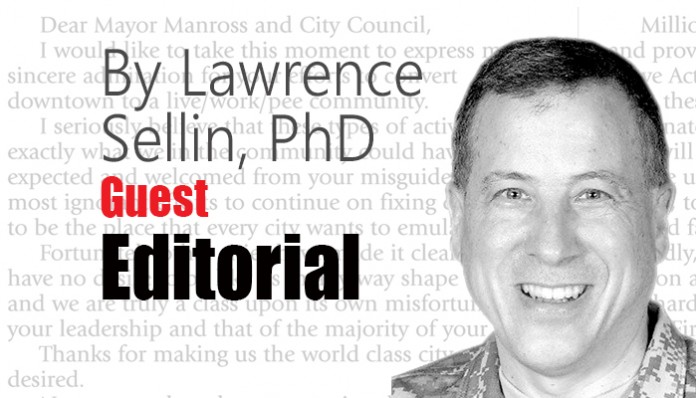If all politics is local, then all foreign policy is personal, a combination of piques, proclivities and prejudices.
The attack on the US government facilities in Benghazi, Libya on September 12, 2012 by radical Islamic militias and the death of four American was both an act of war and a national tragedy. In foreign policy terms, however, it was still just one scene in a larger international tapestry, a yet not entirely clear complex sequence of events.
During 2015, I wrote a series of articles about Benghazi, Libya and the Obama-Clinton policy of overthrowing authoritarian, but stable Arab governments and replacing them with so-called “moderate” Islamist movements like the Muslim Brotherhood as an alternative to more violent groups like al Qaeda and the Islamic State published here, here, here, he
Those articles were based on a search of publicly-available sources and interviews with individuals directly or indirectly involved in the Benghazi attack, both American and Libyan, who will remain unnamed.
If Barack Obama’s approach to Libya could be described as the intersection of ideology and incompetence, Hillary Clinton’s was the product of naked ambition.
Clinton was among the most vocal early proponents of using U.S. military force to topple Libyan dictator Moammar Qaddafi, claiming erroneously that Qaddafi was about to engage in a genocide against civilians in Benghazi, where the Islamist rebels held their center of power.
Eventually Obama bowed to her leadership on the issue, privately informing members of Congress that Libya “is all Secretary Clinton’s matter.”
Many will recall Clinton, on October 20, 2011, cackling to a TV news reporter over the death of Qaddafi: “We came, we saw, he died.”
According to released emails, Hillary, at that time, considered the violent 2011 “regime change” in Libya such a triumph that her aides discussed labeling it the start of a “Clinton Doctrine” and a prelude to her Presidential campaign in 2016.
In terms of US foreign policy and national security, the role of Hillary Clinton in the Libyan fiasco was as reckless as it was cataclysmic, but that is not the whole story.
What reignited my interest in this topic was a recent article in the New York Times “In Trump’s Security Pick, Michael Flynn, ‘Sharp Elbows’ and No Dissent.” Again carrying water for the Obama Administration, The Times criticized Lt. Gen. Michael T. Flynn, President-elect Trump’s choice for National Security Advisor, for the temerity to suggest Iranian involvement in the Benghazi attack, because, regurgitating the conventional wisdom, “Iran, a Shiite nation, has generally eschewed any alliance with Sunni militants like the ones who attacked the American diplomatic compound.”
That is not quite right.
Although you would be hard-pressed to find a heavy Iranian footprint in Libya, Iran, like the US, often operates via surrogates, in this case, Shiite Arabs speaking non-North African Arabic such as Levantine indicating someone from Lebanon or Alawite Syria. Furthermore, Shiite and Sunni Muslims often collaborate when their interests intersect as in opposition to the US or recent Syrian/Turkish joint action against the Kurds.
It would have been a disaster for the 2012 Obama reelection campaign, the Iran nuclear deal and his legacy, if it was known that Iran was involved in the Benghazi attack and that those operations, the interdiction of the flow of arms to Syrian rebels and the thwarting of US policy in Syria and Iraq were driven by penetration of the Obama Administration by Russian intelligence.
That is, Barack Obama and Hillary Clinton were not only arrogant and inept in the conduct of their foreign policy, but they were duped and outmaneuvered by the Iranians and Russians, enmity from which may have spilled over into the 2016 Presidential campaign in the form of WikiLeaks and accusations of Russian meddling.
One wonders if Obama’s proclivity for appeasing Iran and his fear and loathing of Vladimir Putin are the keys to connecting the remaining dots of the Benghazi attack and perhaps might also explain Lt. Gen. Flynn’s hurried departure from his administration for treading dangerously close to the truth.
Lawrence Sellin, Ph.D. is a retired US Army Reserve colonel, a command and control subject matter expert, trained in Arabic and Kurdish, and a veteran of Afghanistan, northern Iraq and a humanitarian mission to West Africa. He receives email at [email protected].





